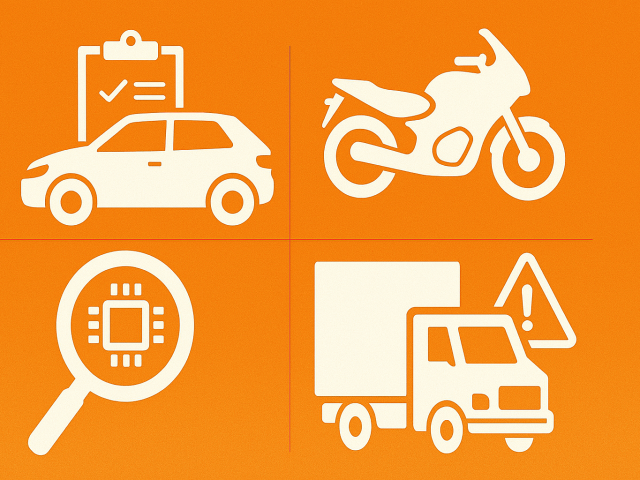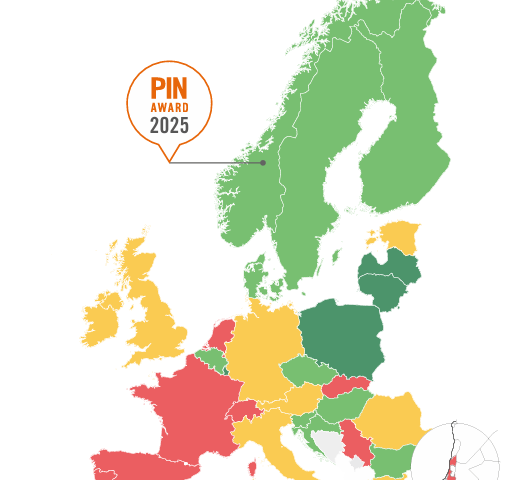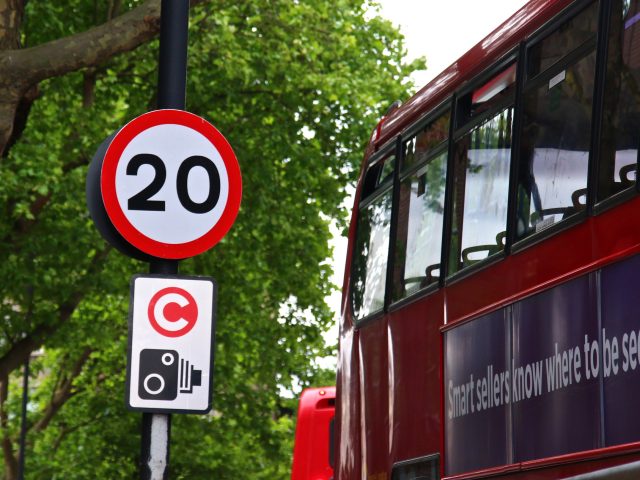EU auditors say EU road safety progress is ‘barely moving’
The European Court of Auditors has warned in a new report that the EU and its member states will need to ‘move their efforts up a gear’ to reach targets of halving road deaths and serious injuries by 2030.
The EU’s external auditors spent almost a year analysing the bloc’s current road safety efforts and visited four EU member states to carry out checks. While commending the EU’s overall strategic approach, they warn that implementation is lacking or non-existent in several key areas. Eva Lindström, the ECA member who led the audit said in a media briefing that progress was ‘barely moving’, and that the situation in some countries ‘remains rather alarming’.
Commenting on the report’s findings, Antonio Avenoso, executive director of the European Transport Safety Council said:
“This report shows the scale of the challenge ahead if the EU is serious about halving the 20,000 tragic deaths on our roads every year. The EU’s current approach is just not going to do the job as long as legislation is not ambitious enough, and proper implementation is lacking in many areas. In an election year, we hope this report will be a wakeup call for the EU that efforts will need to increase in the second half of the decade.
“We also think that the European Commission does not have enough resources to tackle major emerging issues such as the rollout of vehicle automation, and that an EU road safety agency should be established to take on some of this work. It is hard to understand why maritime, air and rail all have dedicated agencies, but there is no EU agency for road safety issues.”
In terms of the overarching goals, the auditors suggest that the strategy for reducing serious road injuries is being hampered by a lack of harmonisation on how member states classify data on serious injuries. This leaves the Commission “unable to obtain an accurate overview of serious injuries at EU level and design well-targeted actions to reduce their number.”
In the area of vehicle safety, the auditors noted that the flagship EU General Safety Regulation which applies to all new vehicles sold from July this year, will not lead to the expected reductions in deaths because Europeans are replacing their vehicles less often. Separately ETSC has pointed out that the regulation has been weakened in the implementation phase, as carmakers put policymakers under huge pressure to lower the bar for minimum requirements on technologies including Intelligent Speed Assistance (ISA), Electronic Data Recorders (EDR) and distraction warning systems. The auditors reiterated ETSC’s warning that thousands of new vehicles are able to circumvent EU vehicle safety requirements each year, including dangerous American pickup trucks, because they are imported and approved under the EU’s Individual Vehicle Approval Scheme which has very low safety requirements.
Regarding infrastructure safety, the auditors pointed out the limitations of the EU’s Road Infrastructure Safety Management directive (RISM) which does not cover all urban and rural roads. The report states that “this limits the impact of the Directive as these two types of road infrastructure were associated with 93 % of fatalities in 2020.”
When EU funds are used for infrastructure, the auditors say road safety was not a key criterion when selecting projects. Moreover, “selection criteria often failed to target accident hotspots”. As EU funding for road infrastructure will decrease in the years to come (2021-2027), this may also mean less funds for improving road safety, it will be even more important to ensure that it is put to best use in order to save lives.
On speed, responsible for a third of deaths, the report notes that the Commission has not yet issued a formal recommendation to member states on safe speed limits, “even though the European Parliament had called upon the Commission to do so in 2021.”
The auditors looked at more recent developments such as personal mobility devices (e.g. e-scooters) and automated vehicles and said these areas will require further integration and coordination of the Commission’s actions. The European Commission said in 2022 that it was looking into the establishment of an EU road safety agency, but that it would not happen ‘overnight’.
The European Commission has already responded to the recommendations in the report in a document published on the auditors’ website.







